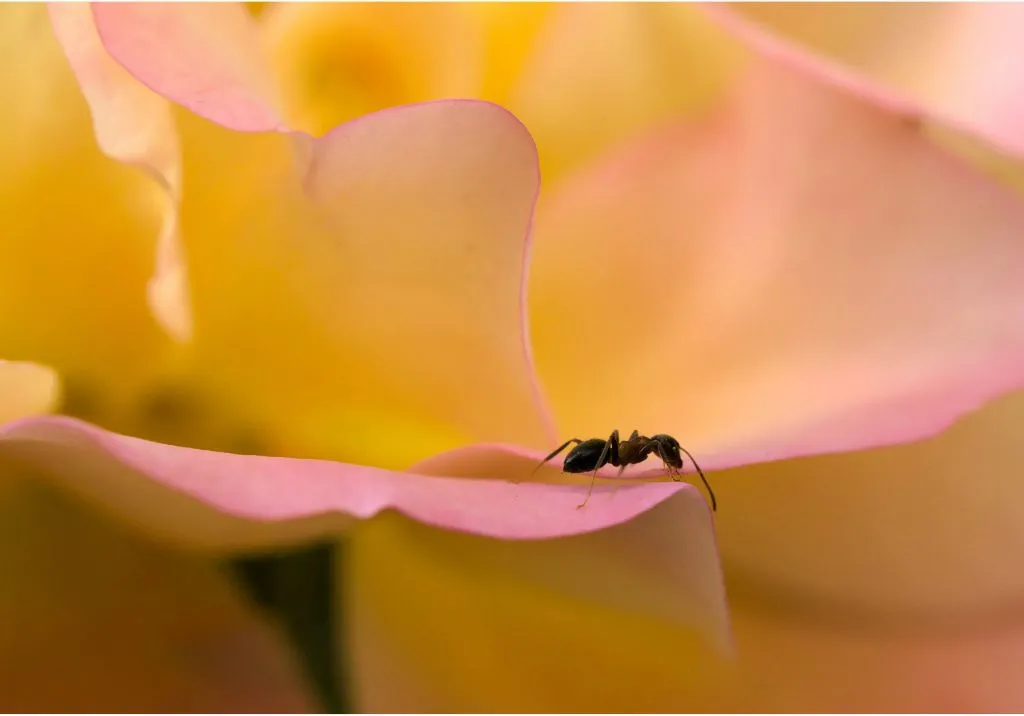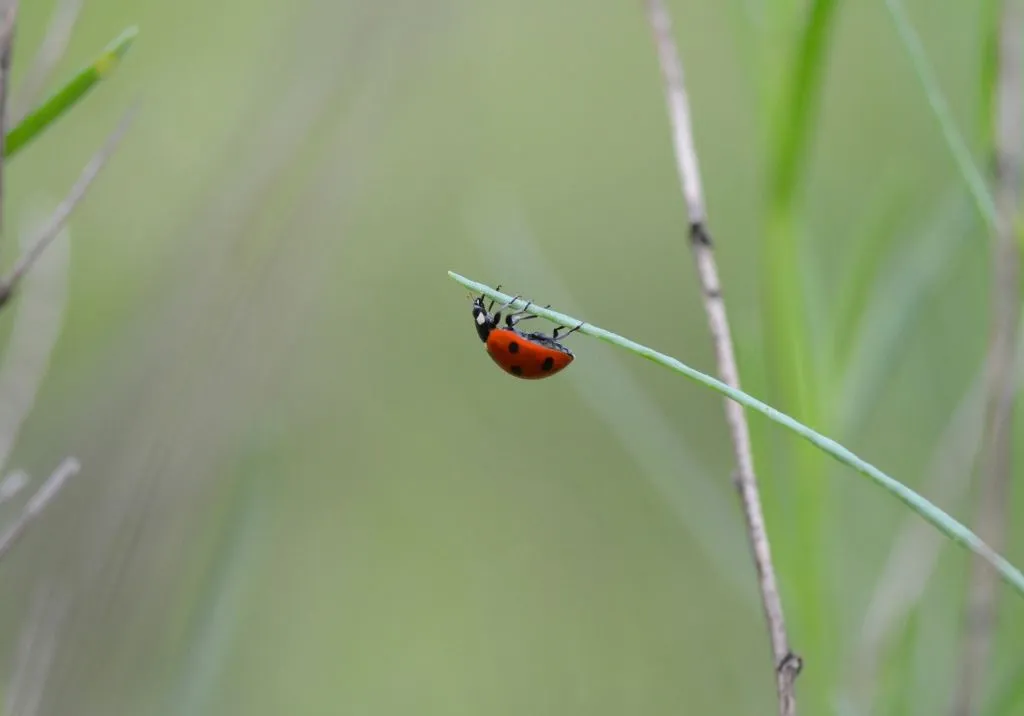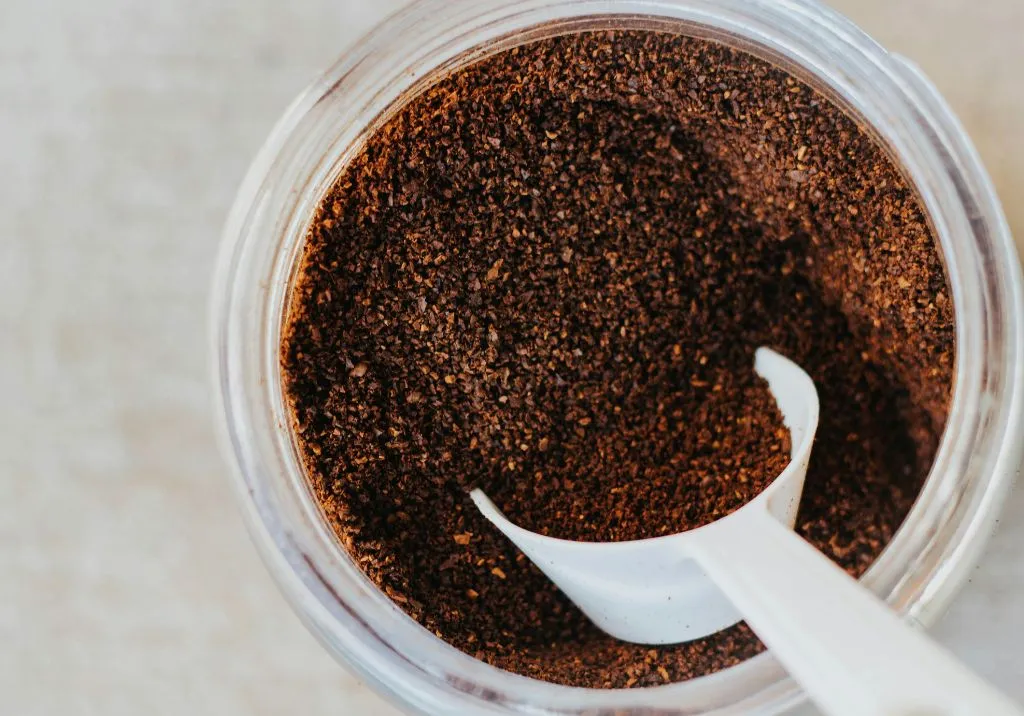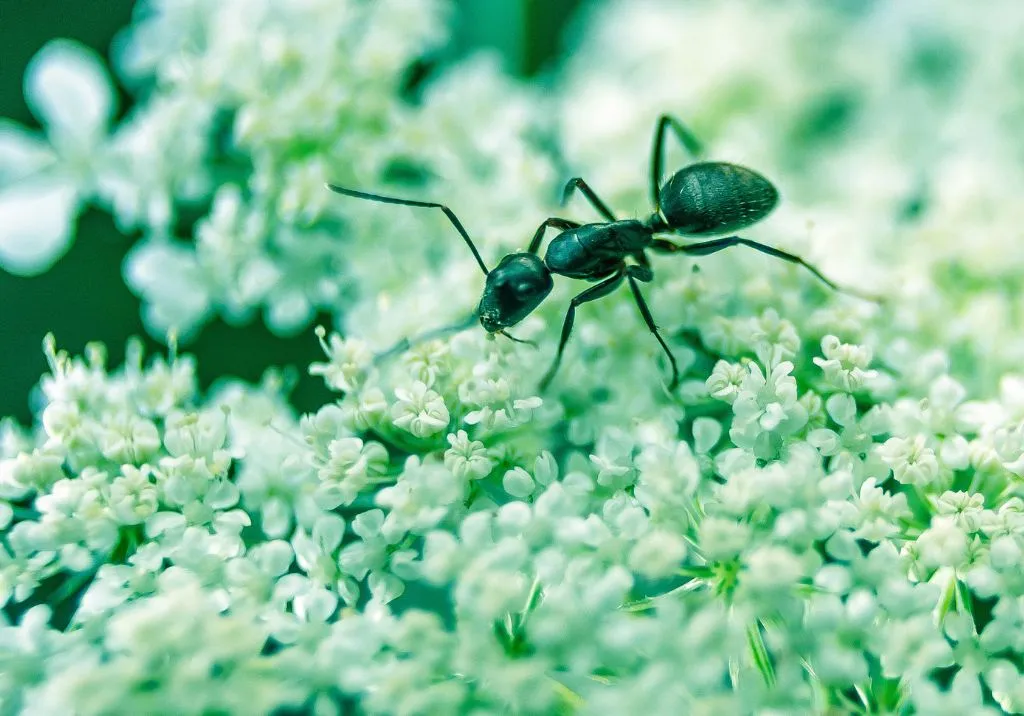Ants, though small and seemingly harmless, can cause significant issues when they invade your garden or indoor plants. They protect sap-sucking pests like aphids, scale, and mealybugs, creating a symbiotic relationship that can harm your plants over time. If you’ve noticed an army of ants marching around your beloved greens, it’s time to take action. Here’s a comprehensive guide on how to keep ants away from your plants using natural, creative, and effective methods.
Why Are Ants Attracted to Plants?

Before jumping into solutions, it’s essential to understand why ants are drawn to your plants. Here are the main reasons:
- Aphid Farming: Ants protect aphids and similar pests because these insects excrete honeydew, a sugary substance that ants love. This relationship is beneficial for ants but harmful for your plants.
- Food Sources: Fallen fruits, nectar, or sap can attract ants to plants.
- Shelter: Certain plants, especially those with hollow stems or dense foliage, offer ants a safe haven to nest or hide.
Understanding these causes helps you tackle the problem at its root.
Natural and Creative Solutions to Keep Ants Away

1. Eliminate Aphids and Other Sap-Sucking Pests
Since ants are often attracted to aphids, controlling these pests is a direct way to reduce ant activity.
- Neem Oil: Spray diluted neem oil on affected plants. Neem oil disrupts the life cycle of aphids without harming beneficial insects.
- Homemade Soap Spray: Mix a few drops of dish soap with water and apply to infested areas. This breaks down the protective coating of aphids, causing them to dehydrate.
- Encourage Beneficial Insects: Ladybugs and lacewings are natural predators of aphids. Introduce these to your garden to keep the population in check.
2. Use Barriers to Block Ants
Creating physical or chemical barriers can prevent ants from climbing onto your plants.
- Sticky Barriers: Wrap tape (sticky side out) around the base of the plant or pot. Ants will struggle to cross the sticky surface.
- Diatomaceous Earth: Sprinkle food-grade diatomaceous earth around the base of your plants. This natural powder cuts through the ants’ exoskeleton, causing dehydration.
- Petroleum Jelly: Smear a thin layer of petroleum jelly around the plant stems or pots. Ants dislike the texture and won’t cross it.
3. Natural Deterrents
Ants have a strong sense of smell, and certain scents can repel them effectively.
- Cinnamon: Sprinkle ground cinnamon around your plants. Ants hate its strong aroma.
- Citrus Peels: Place orange or lemon peels near the plant base. The citric acid deters ants and also decomposes into a mild fertilizer.
- Essential Oils: Mix peppermint, tea tree, or citrus essential oils with water and spray around your plants. This creates an invisible barrier ants won’t cross.
4. Homemade Ant Baits
If you want to address the ant problem at its source, homemade baits can be a safe and effective solution.
- Sugar and Borax Bait: Mix equal parts of sugar and borax with a little water to form a paste. Place the paste near ant trails. Ants will carry it back to their nest, where it will eliminate the colony.
- Honey and Baking Soda: Mix honey with baking soda and place it near the ants. The baking soda reacts with the ants’ digestive systems, killing them.
5. Control Moisture Levels
Ants are attracted to moist environments, so controlling moisture around your plants can make a big difference.
- Improve Drainage: Ensure your pots and garden beds have proper drainage to avoid water pooling.
- Water Smartly: Water early in the morning so the soil surface dries by evening, reducing the attraction for ants.
6. Keep the Area Clean
Ants are opportunistic feeders, so eliminating food sources is key.
- Remove Debris: Clear fallen leaves, fruits, and plant debris from around your garden.
- Regular Cleaning: If you have indoor plants, wipe down pots and surfaces to remove any sugary residue or crumbs.
7. Use Companion Planting
Some plants are natural ant repellents. Incorporating these into your garden can create an ant-free zone.
- Marigolds: Their scent deters many insects, including ants.
- Mint: Planting mint around the garden can keep ants at bay, but be cautious as mint spreads aggressively.
- Garlic and Chives: These herbs release sulfur compounds that ants dislike.
Eco-Friendly Ant Removal Techniques

If you prefer to avoid harsh chemicals altogether, these eco-friendly solutions are worth trying:
1. Boiling Water
Pour boiling water directly into visible ant nests. Be careful not to harm nearby plants.
2. Vinegar Solution
Mix equal parts vinegar and water, and spray the solution on ant trails and nests. Vinegar disrupts their pheromone trails, making it harder for ants to navigate.
3. Cornmeal
Sprinkle cornmeal near ant trails. Ants consume it, but they cannot digest it, which eventually reduces their population.
4. Coffee Grounds
Used coffee grounds can be sprinkled around plants to repel ants while enriching the soil.
Preventive Measures to Avoid Future Infestations
Prevention is better than cure. Follow these tips to avoid attracting ants in the first place:
- Inspect New Plants: Check for ants or pests before bringing new plants into your garden or home.
- Prune Regularly: Trim overgrown branches that touch walls or other structures, as these act as bridges for ants.
- Use Mulch Sparingly: While mulch helps retain soil moisture, too much can attract ants. Use a thin layer and keep it away from plant stems.
When to Call a Professional
If your ant problem persists despite trying these methods, or if you’re dealing with a particularly aggressive species like fire ants, consider seeking professional help. Pest control experts can provide safe and targeted solutions to protect your plants.
A Word on Chemical Pesticides
While chemical pesticides can be effective, they often harm beneficial insects, pets, and the environment. Use them as a last resort and follow all safety instructions carefully. Opt for ant-specific baits or sprays rather than broad-spectrum insecticides.
Final Thoughts
Keeping ants away from plants doesn’t have to be a daunting task. By understanding their behavior, addressing the underlying causes, and using natural deterrents, you can protect your plants and create a harmonious garden environment. Whether it’s a simple sprinkle of cinnamon or an intricate setup of companion plants, these solutions empower you to tackle ants creatively and effectively.
Remember, patience and consistency are key. With these tips, you’ll not only keep ants at bay but also enhance the health and beauty of your plants. Happy gardening!



